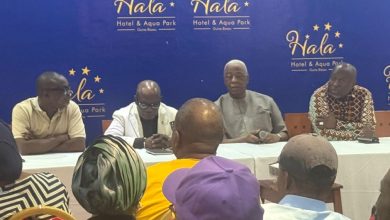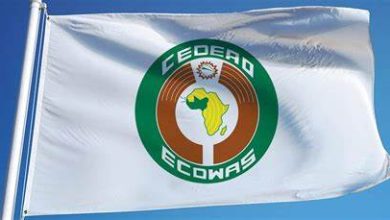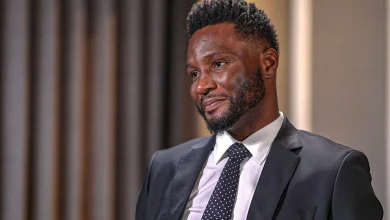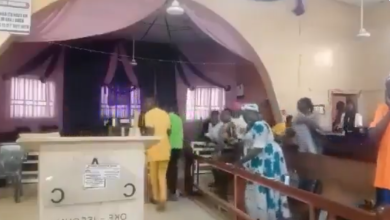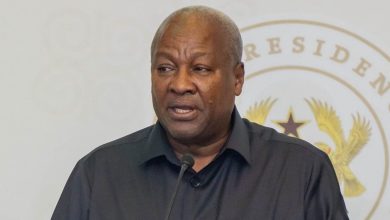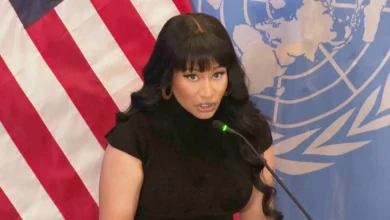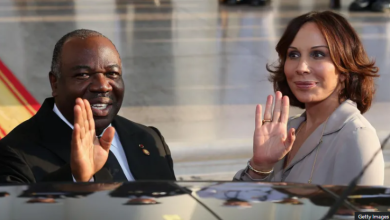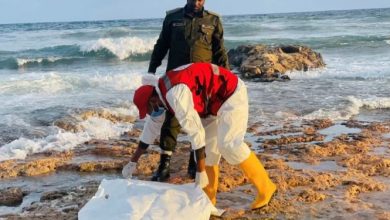Information integrity is cornerstone of democracy – Malatsi
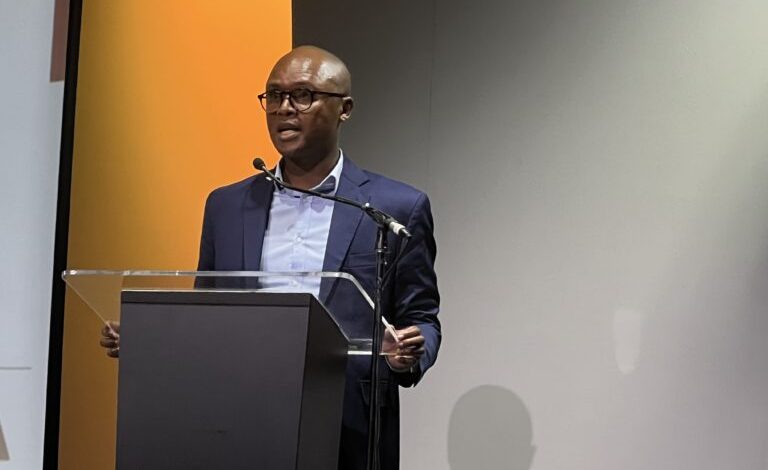
Democratic societies survive on information integrity, and free, independent journalism is essential for any economy to function transparently.
The South Africa Minister of Communications and Digital Technologies, Solly Malatsi giving the keynote address at the opening on M20 in Johannesburg, today September 1, 2025 said information integrity is the cornerstone of democratic society.
“Democracy itself rests on truth. Citizens can only make sound decisions and hold leaders accountable when they are informed by facts, not falsehoods. Free and fair elections, in particular, depend on an electorate able to independently form opinions free from manipulation,” he said.
Malatsi cautioned that when disinformation pollutes the public sphere, it undermines voters ability to choose based on accurate information, posing a direct threat to the legitimacy of the democratic process.
“We have already witnessed this across the world and South Africa is not immune. During the 2024 election campaign, generative AI was misused to produce deepfake videos, including a fabricated clip of then US President Joe Biden, threatening sanctions on our country if a certain party won. Such incidents remind us that the speed and scale of digital falsehoods can mislead,” he said.
In the face of these threats, he however was optimistic, noting that there is cause for confidence, stating that robust institutions and vigilant media can protect democracy against the virus of disinformation.
Citing a recent study of South Africa’s 2024 election, he said it was found that despite fears, AI-driven fake content had only limited impact, with most information still coming from traditional sources.
“Strong media structures helped blunt the worst effects. But we cannot be complacent. As UN Secretary-General António Guterres warns, ‘threats to information integrity are proliferating and expanding with unprecedented speed on digital platforms, supercharged by AI technologies’, he said.
According to him, this places science, facts, public health and human rights under attack.
He indicated that if lies spread faster than truth, if hate speech and rumour outrun verified news, the results can be catastrophic for democracies, for social harmony and even for development.
“The economy also relies on truth. Markets function on trust and transparency; fraudulent information can disrupt financial systems and erode investor confidence. Free, independent journalism is essential for the economy to function transparently, supporting anti-corruption efforts, fair markets and informed policymaking,” he said.
He added that if information integrity is the foundation of democracy and development, then independent, media are its foremost guardians. A free press, broadcasting a range of voices and perspectives, is not a luxury – it is a necessity, he said.
“We must emphasize, here at the G20’s “M20” forum, that media freedom and diversity are essential safeguards of truth, not optional extras for society. South Africa’s own journey underscores this fact.
From the brave reporters who exposed apartheid’s atrocities decades ago, to today’s investigative journalists rooting out corruption, we know that when the media can operate freely and professionally, accountability and progress follow,” he said.
In his opening remarks, Sbu Ngalwa, of the South African National Editors Forum (SANEF) and The African Editors Forum (TAEF), explained that the M20 is a parallel independent initiative to the G20.
“The M20 is not a new concept. It originated from a desire to bring media issues to the forefront of the global agenda, specifically within the G20 framework. It is a broad alliance that has come together to promote journalism as a public good,” he said.
He indicated that in 2023 Media organisations in India began conversations around the M20 to coincide with India’s G20 Presidency. “Following this, the baton was passed to Brazil in 2024 and now it is with us in South Africa. And we are hoping to pass it on to our American colleagues – Trump-willing, I might add.”
He said the in-person Summit in Johannesburg, is building on the work and momentum of predecessors to ensure a collective, sustained voice for media issues within the G20 process.
“I’m sure colleagues that we all agree that the media landscape today is more complex than ever. Globally, and across the G20 and African nations, we are grappling with issues of disinformation, shrinking newsrooms, and the economic viability of our industry. We also face a significant crisis, i.e. erosion of public trust while the safety of journalists is increasingly threatened by physical and digital attacks. In Africa, these challenges are compounded by governments that restrict media freedom, often through legislation and internet shutdowns. This summit, which is the first of its kind, aims to tackle some of these critical challenges head-on,” he said.
The two-day Summit ends Tuesday September 2, 2025.
By Emmanuel K Dogbevi, in Johannesburg, South Africa

